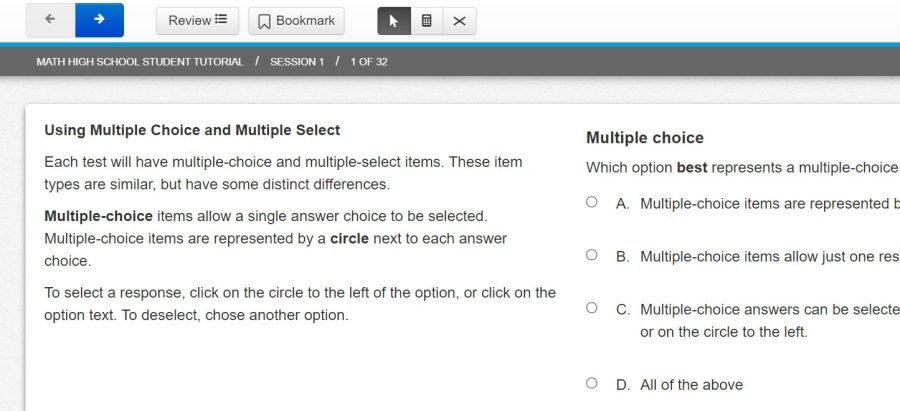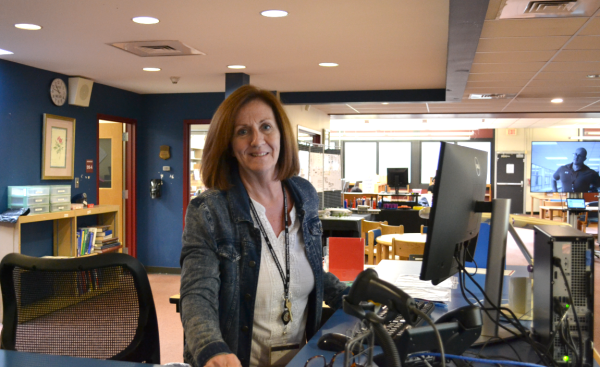Juniors prep for new state graduation exam
Juniors must take a new state-mandated exam this March in three subjects (English, Algebra I and Geometry) as a new graduation requirement, the district announced via email on Feb. 25.
The New Jersey Graduation Proficiency Assessment, or NJGPA, will resemble many standardized tests that students may already be familiar with, such as NJSLA, Start Strong and PARCC exams.
This is nothing new; New Jersey has had a graduation requirement of a junior year test for many years. In previous years it was shifted to sophomore year, and now that it has switched back, the state is rolling out a new, slightly different test.
Similar to other standardized tests, the exam will test students on what they have learned through their highschool years. However, beyond working on their test-taking strategies and making themselves familiar with the platform, students are not expected to study for this exam.
Although only students who pass this exam will be eligible for graduation, a failing score is not as detrimental as it may seem. Juniors who do not pass in March will have the opportunity to retake the exam during the following summer or fall. If this results in another fail, there are other tests that students can take or submit their scores from in order to meet the requirement and graduate. If none of these options work for a particular student, they can work with a teacher to put together a portfolio of their work and submit it to the state.
The score needed to pass is a 4 out of 5, similar to the NJSLA and PARCC exams, and English Supervisor Stacy Casais is confident that students are going to succeed.
“I think West Essex students are extremely well prepared for anything that is thrown at them,” Casais said. “I am confident in our students, I am confident in our teachers and we want to make sure that students feel supported and know that there is always going to be a way to get them to graduate.”






